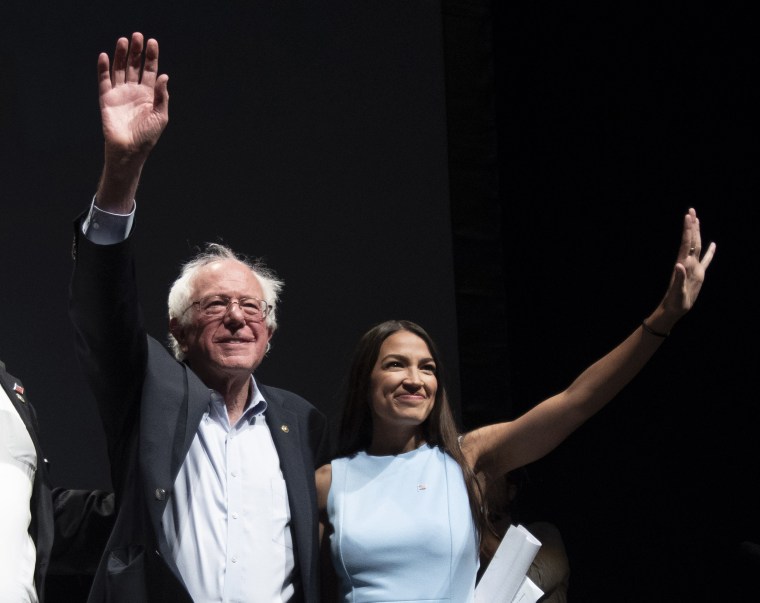Distrust of our political system has reached historic levels such that voters of all stripes now instinctively assume that politicians are corrupted by the political contributions they receive. A 2018 Pew Research Center report suggests that 73 percent of Americans believe that donating money to politicians provides donors with disproportionate influence on elected officials.
So it's not surprising that the same report found that 77 percent of respondents believe that the amount of money that individuals and organizations can contribute to candidates should be limited. (Donors themselves are more likely to believe that their elected officials will help them with their problems.) A 2017 Ipsos poll for the Center for Public Integrity similarly found that fully 57 percent of respondents supported limits on the amount of money that Super PACs could raise and spend.
The public’s distrust is easily justified when you hear something like what Mick Mulvaney, Trump’s budget director and the acting director of the Consumer Financial Protection Bureau, said about how his office worked when he was a member of Congress: “If you’re a lobbyist who never gave us money, I didn’t talk to you.”
From a long-term perspective, the Democrats must be the party that works to rebuild the public’s trust in government and political leaders by showing the public that the government can help solve many of the mounting economic challenges families are facing. But for voters to have trust in those government policies, they must first believe that the politicians creating them are serving the public's, and not lobbyists', interest.
That’s why rejecting corporate PAC money is such an important step for Democrats to take. It shows voters that you understand that political corruption is a real concern for them and it demonstrates whose side you’ll be on. Perhaps most importantly, it affirms that your policy decisions won’t be influenced by corporate contributions.
Yet, consider the status quo: Of the nearly 200 Democrats currently serving in the House of Representatives only seven current Democratic House members have rejected corporate PAC money (including Rep. Conor Lamb, D-Penn., who made the issue central to his race last spring).
By comparison, there are more than 100 Democratic challengers running in November who have made this same commitment. Just as importantly, they are making this central to their pitch to voters — putting it front and center in their campaign ads.
Having all Democrats reject corporate PAC money (and even money from registered lobbyists) would help to transform how the public views the party, and it would draw a powerful contrast with Republicans who are perceived as being beholden to corporate special interests. A recent poll showed that 47 percent of voters said that they would be much more likely to say a Democratic candidate is “for the people” if they rejected corporate PAC money. Another 31 percent said that they would be “somewhat more likely” to believe that, underscoring the potential reach of such an action.
That so many Democratic challengers have embraced this position is an integral factor to their success: It has been a unifying thread between surprising Democratic victories by candidates as distinct as Lamb, Alexandria Ocasio-Cortez, and Ayanna Pressley, in districts that could not be more different from each other. And it underscores the broad appeal — across regions and partisanship — of such an act. No matter where you live, you want an elected official who will represent you, and not just the wealthy and the well-connected.
Of course, Democratic politicians should be willing and eager to meet with any company or industry that is looking to create good-paying jobs, particularly in their state or district. But how do they explain to their constituents why those corporations had to give money before or after a meeting? With our political system awash in money from corporations and big donors, voters can understandably only see perverse intent behind those contributions.
If Democrats are successful in the November midterms, those who have rejected corporate PAC money should only be the beginning of this trend. The entire Democratic caucus should follow the lead of these challengers who are taking the first step in restoring trust in politicians, and get serious about reforming the whole system by strengthening ethics laws, expanding voting rights and legally limiting the influence of money in our politics.
Democrats in the House have already introduced a bold agenda to do just that and, if the American people give them the chance, they should and must fend off those who want to water it down and follow through. The journey to restore trust in our system starts by walking the walk, not imitating Republicans and merely talking the talk.



